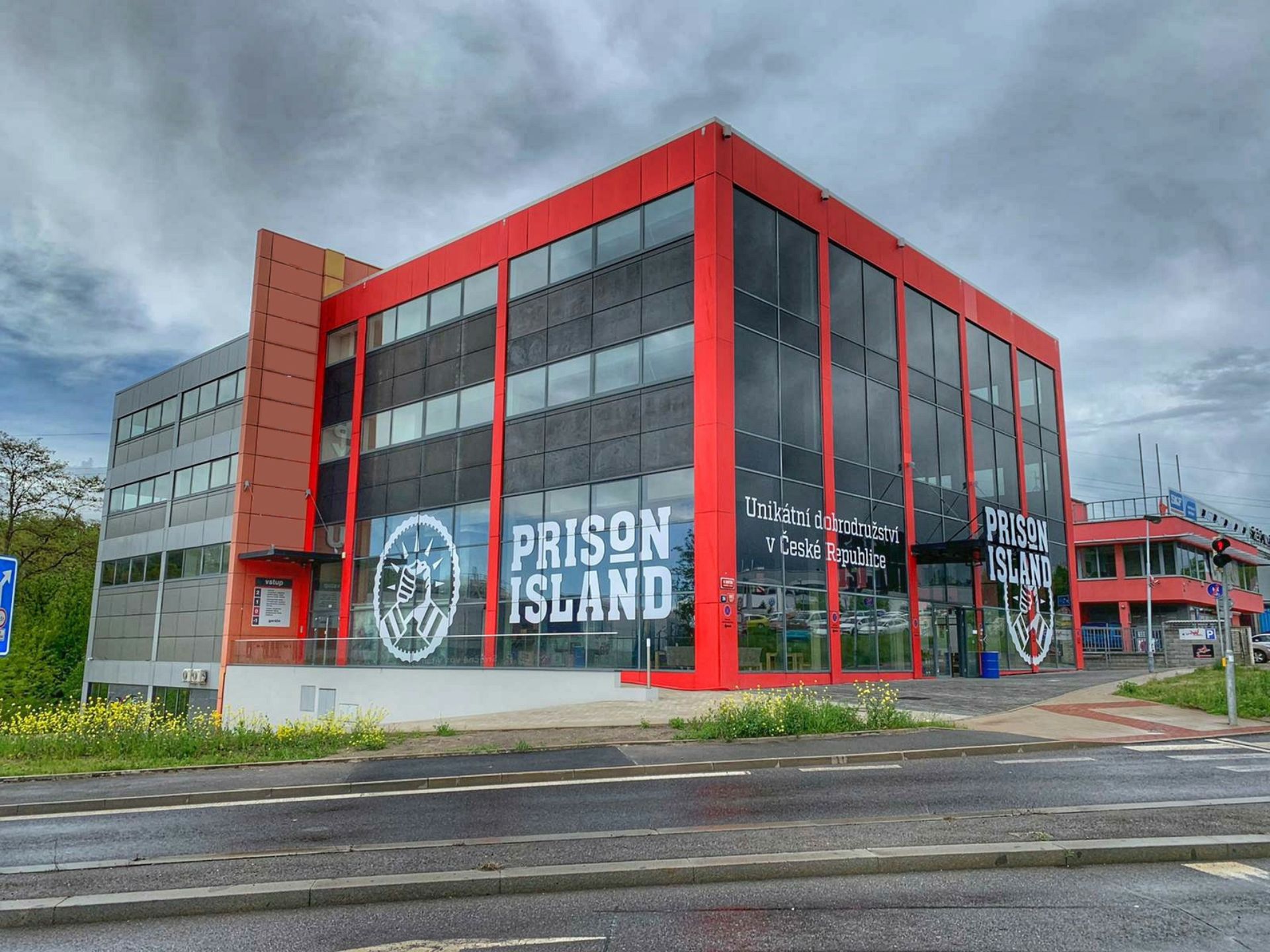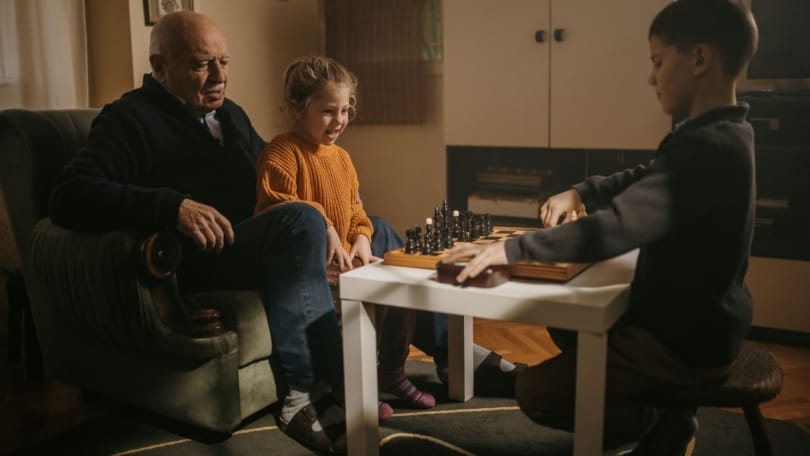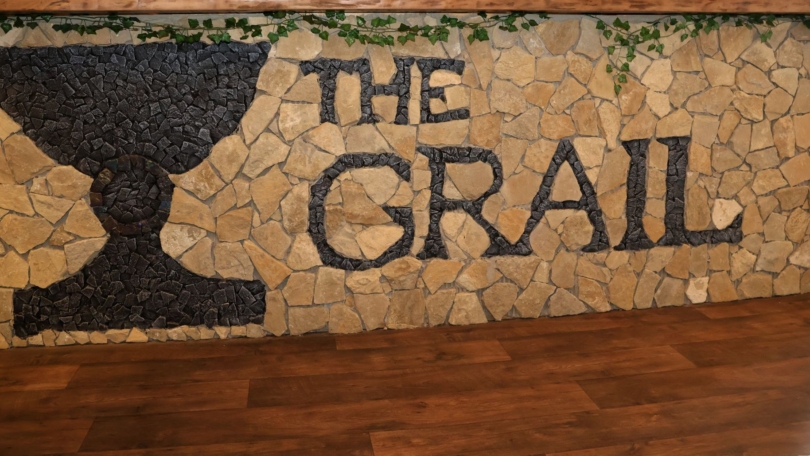After an unforgettable start at The Grail, the GameOn PlayQuest adventure in Prague continued with a new challenge: Prison Island. Unlike a traditional escape room, Prison Island is an action-packed maze of 29 different “cells,” each hiding its own puzzle or test of skill. Teams of Maltese and Czech participants raced against the clock, choosing which rooms to tackle, scoring points, and pushing themselves to think fast, move smart, and work as one.
The Prison Island Experience
Each mixed team of Czech and Maltese players had just two hours to attempt as many challenges as possible. Some rooms demanded agility – balancing, crawling, or climbing – while others tested logic, memory, and quick problem-solving. Success depended on clear communication, coordination, and a willingness to adapt.
Instead of a linear escape game, Prison Island gave participants the freedom to pick their battles, replay their favourites, and lean into their strengths. That flexibility created a space where laughter and determination went hand-in-hand, and every small win felt like a team victory.
Teamwork in Action
Teams had to communicate, strategize, and pivot fast – just like in cooperative board games such as MicroMacro: Crime City, where every decision and observation can make or break your success.
“It was fun and challenging,” wrote one participant. Another summed it up simply as “a really good way to get to know others while working together.”
When the time was up, teams gathered to hear the results presented by the friendly Prison Island staff. The smiles, laughter, and shared stories that followed proved how quickly bonds had formed.
Social Entrepreneurship Potential
Beyond the gameplay, several participants reflected on its potential for social impact. They believed an activity like Prison Island could address issues such as a lack of safe spaces for teens, social isolation, and stress relief. Others suggested it could benefit young people, schools, families, and even tourists.
One participant noted, “This kind of activity enforces teamwork, so there is less self-isolation.” Another added, “In Malta it could be adapted by adding local traditions or cultural references to make it unique.”
Ideas to transform it into a social entrepreneurship project included offering discounted access for disadvantaged groups, creating sessions for schools, and linking challenges to cultural education.
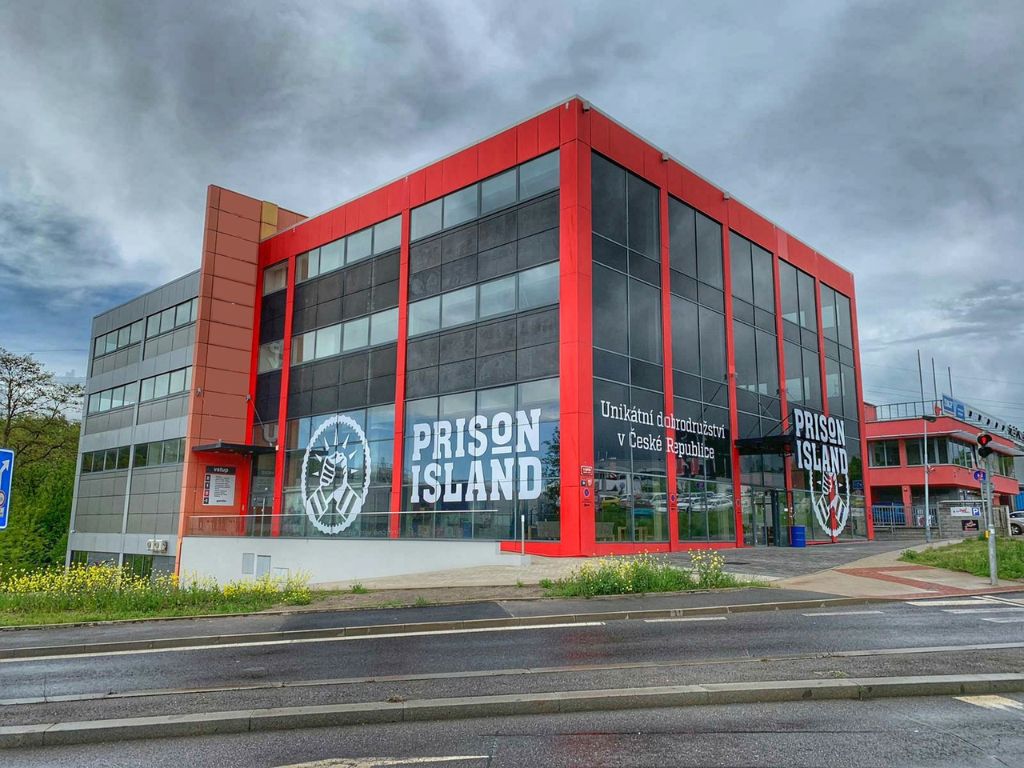
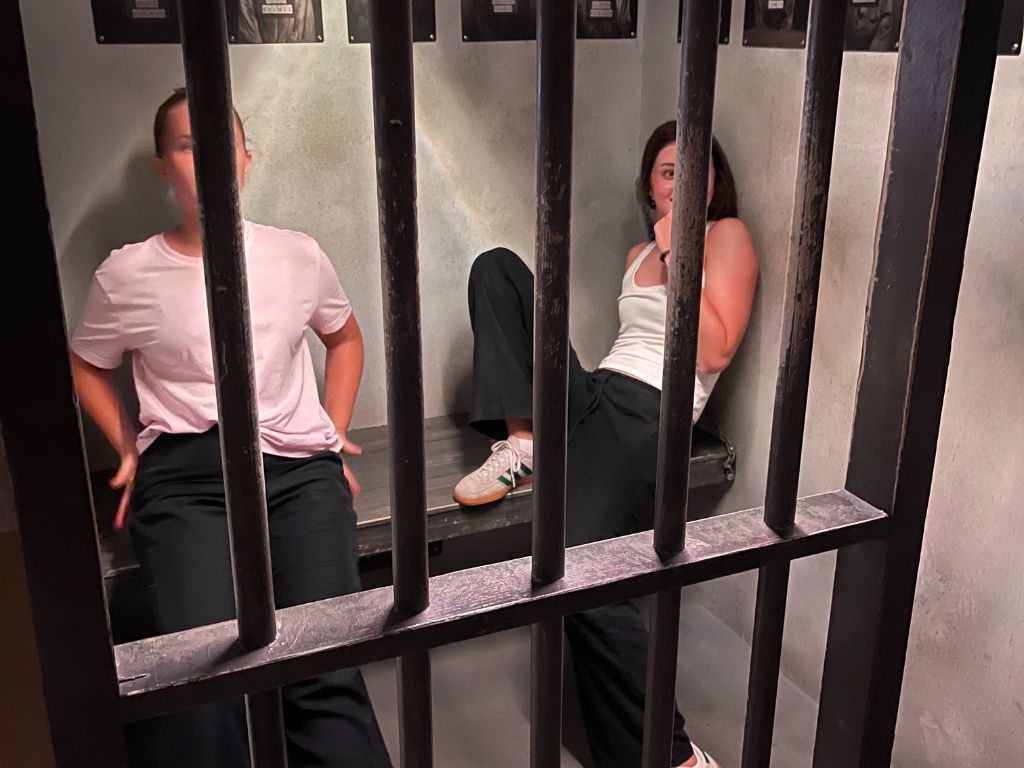
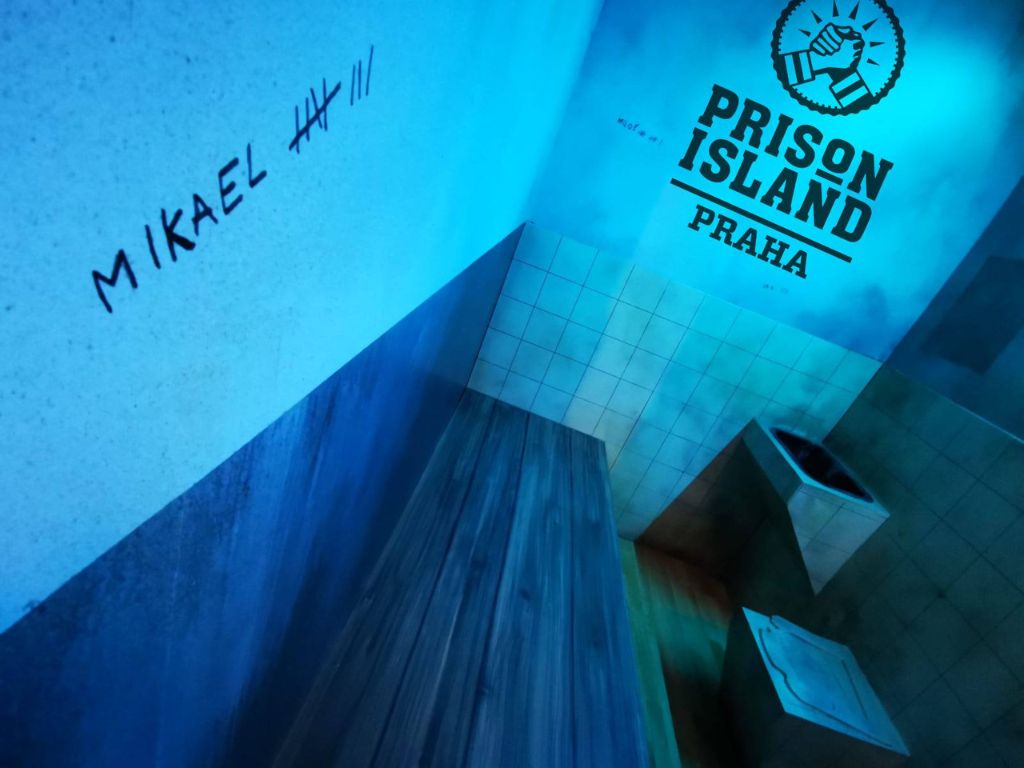
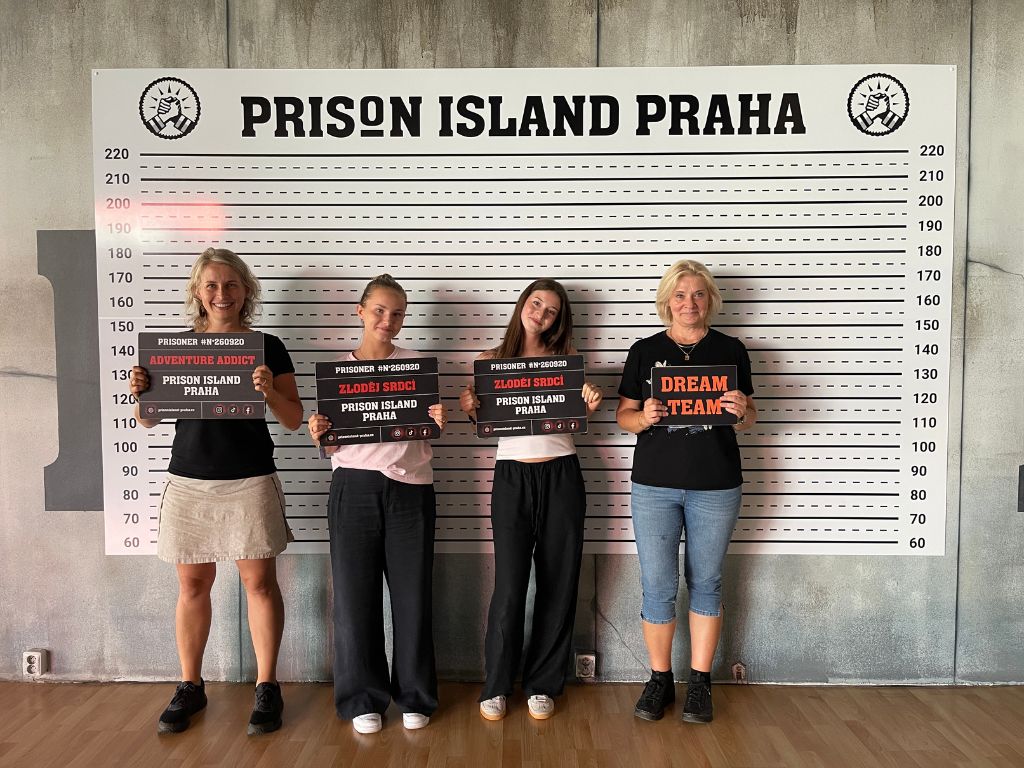
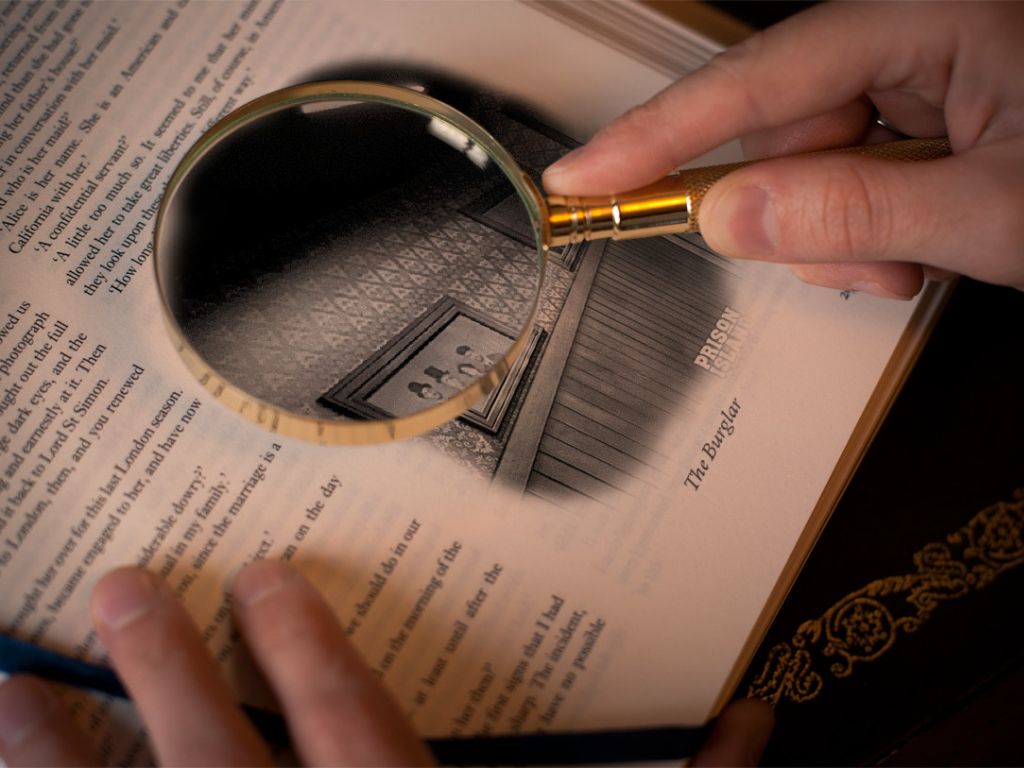
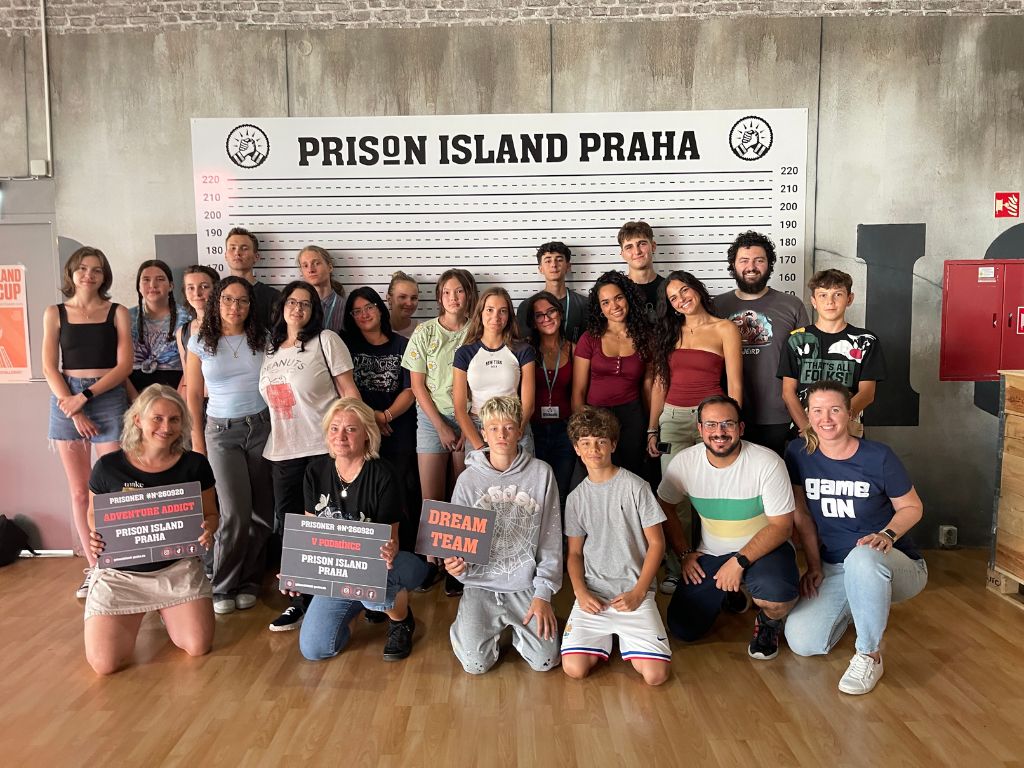
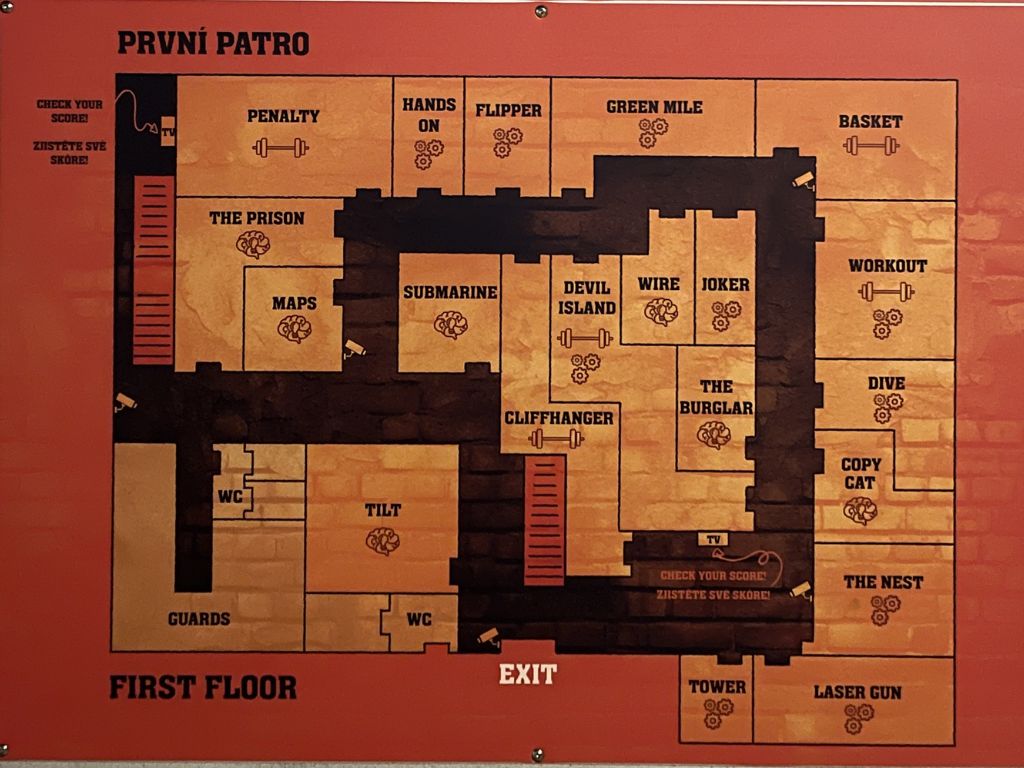
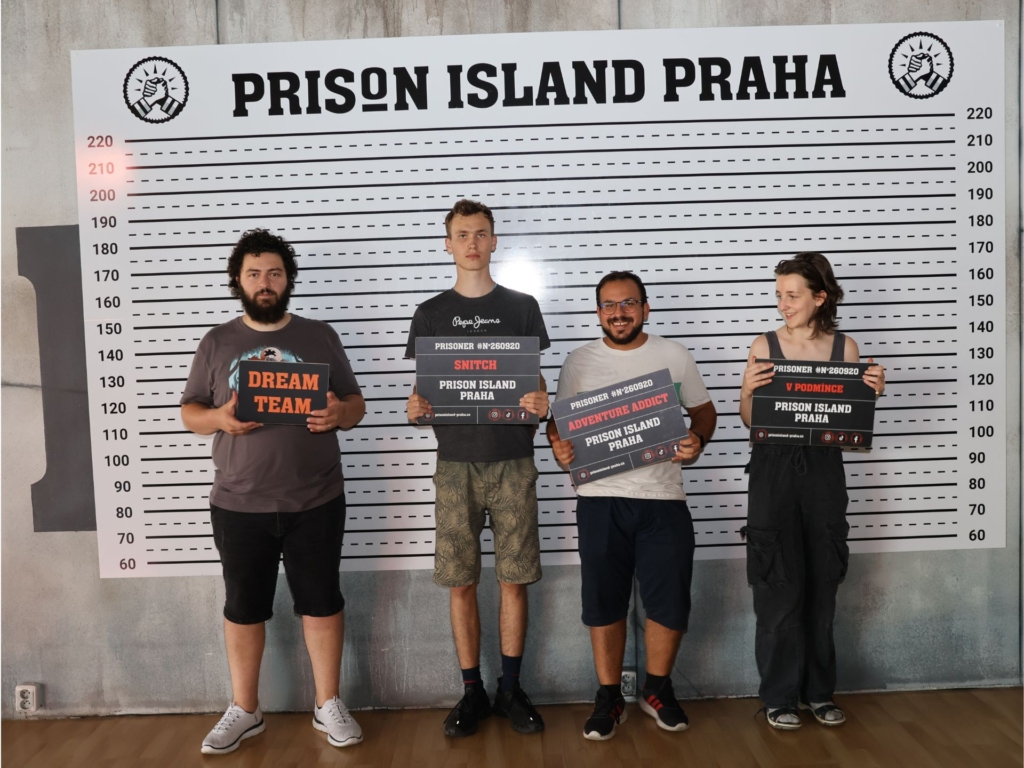
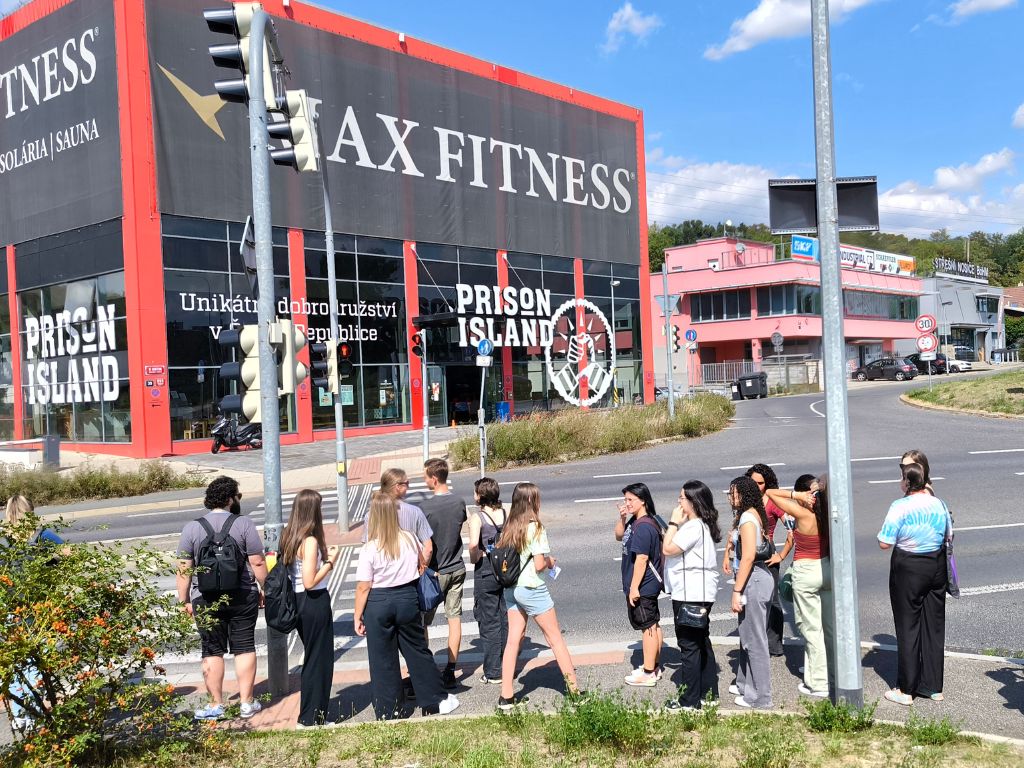
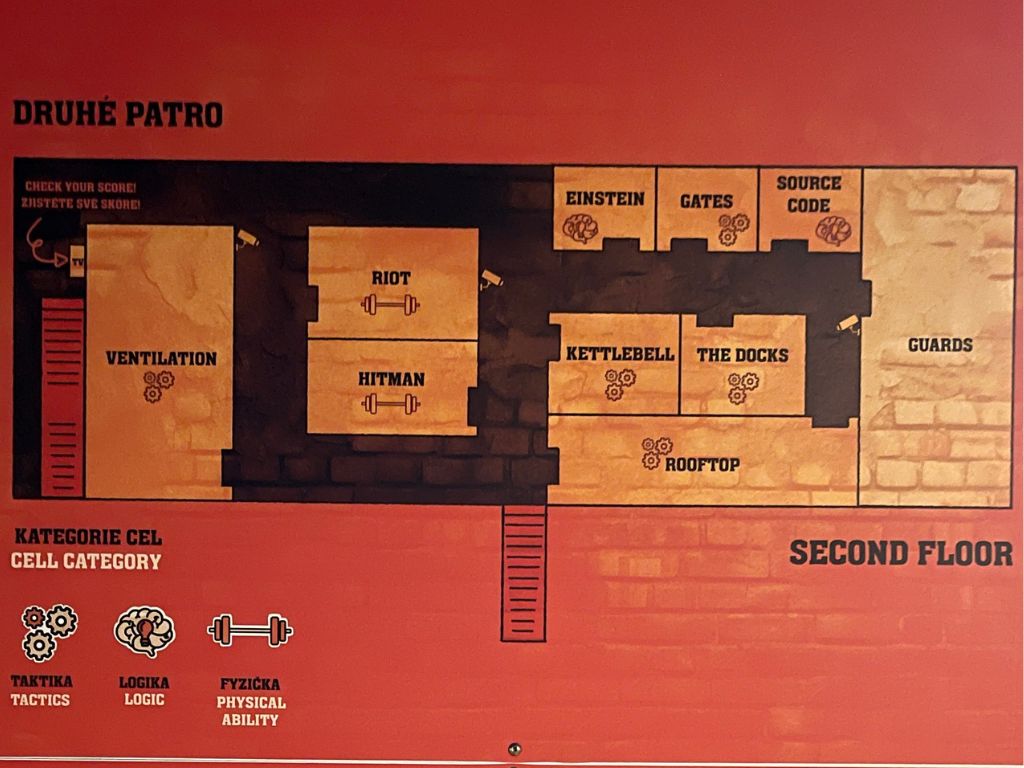
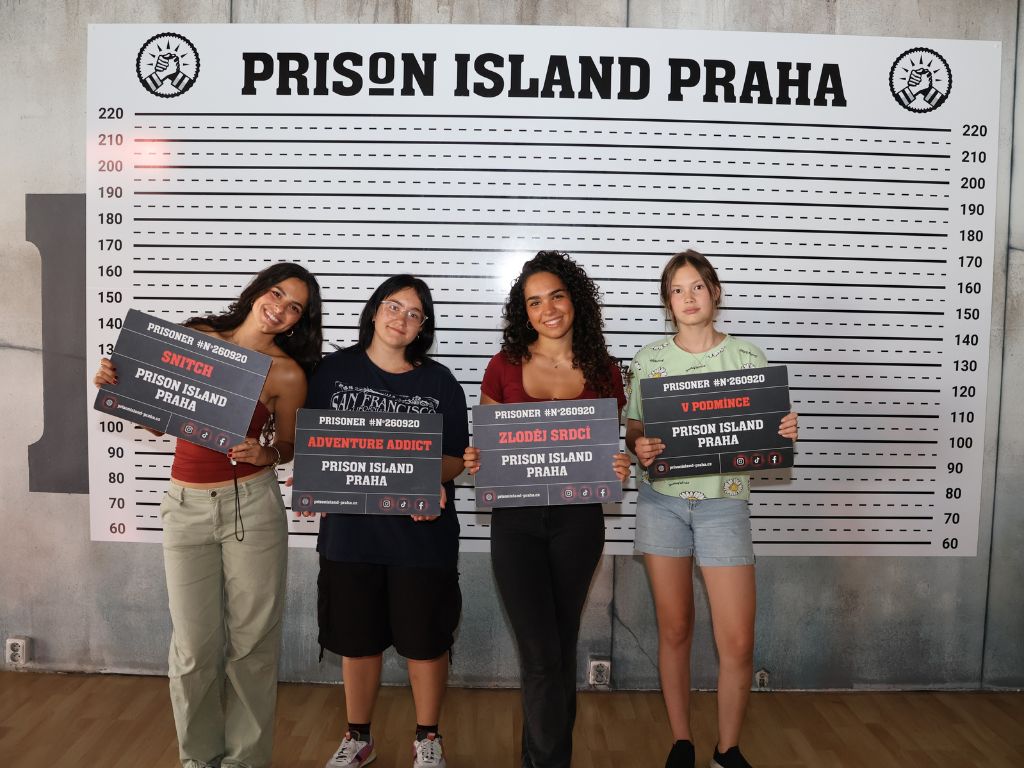
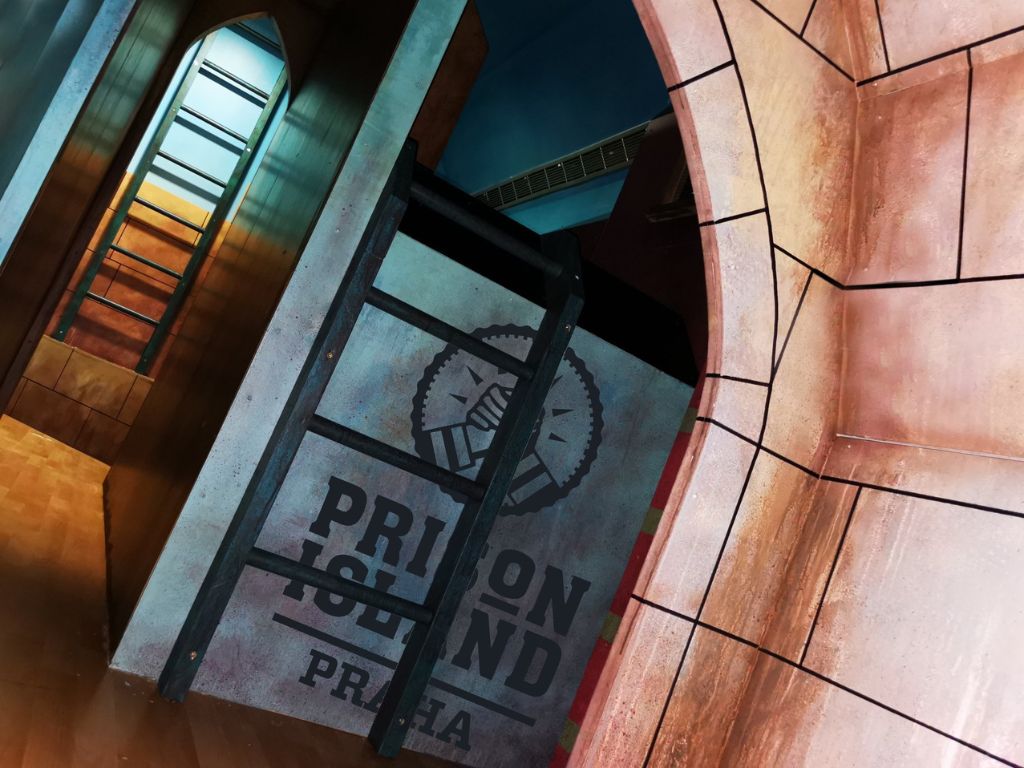
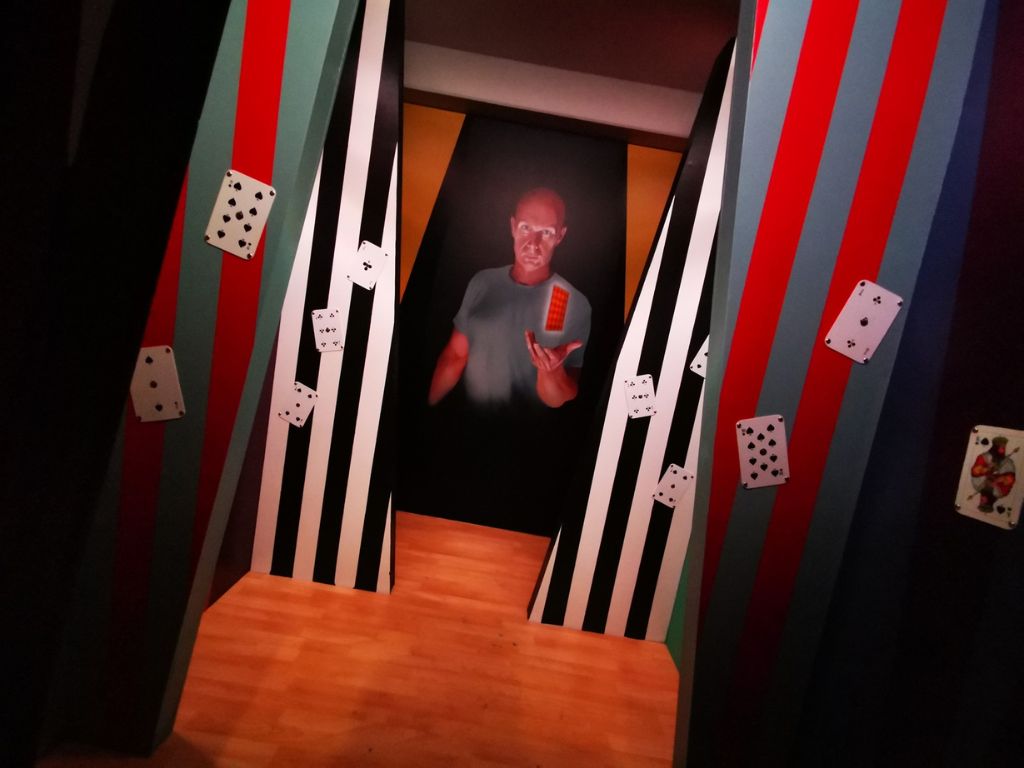
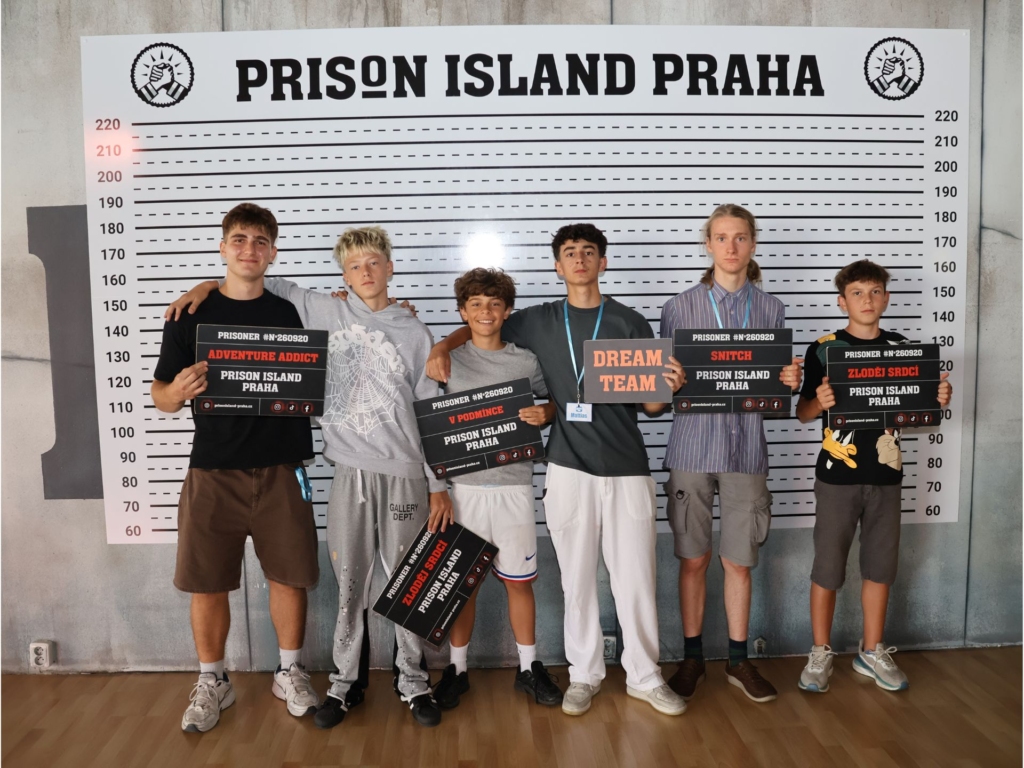
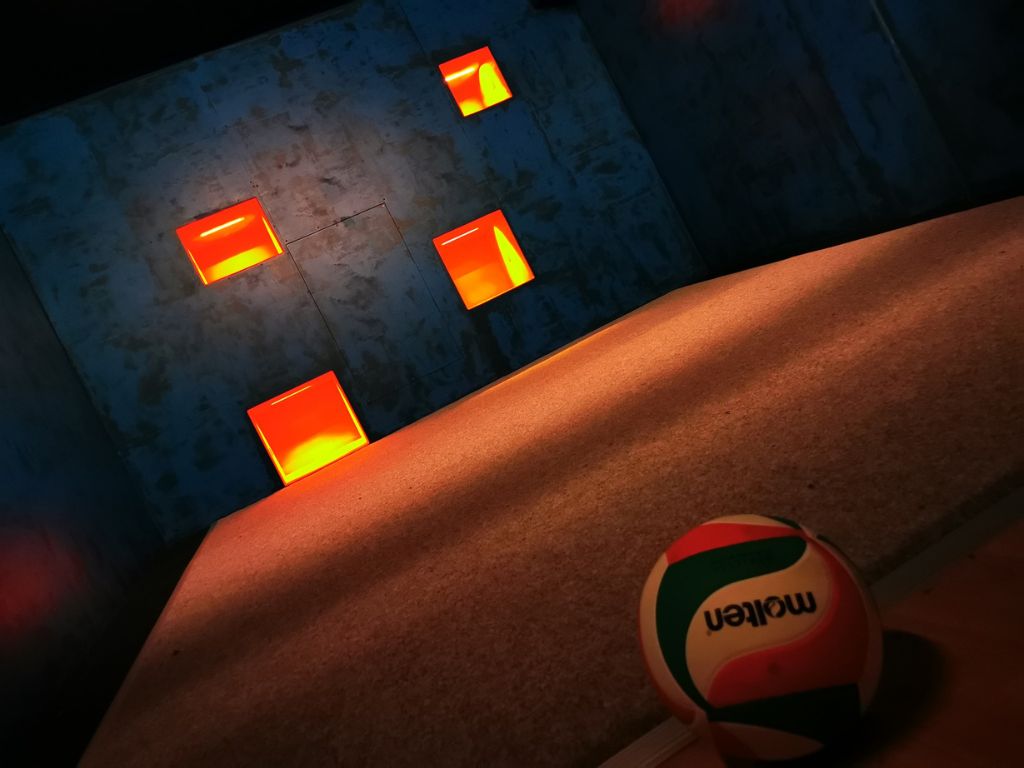
What Participants Thought
The feedback from participants highlighted the energy and impact of the day. The most common feelings noted were excited, challenged, motivated, curious and inspired.
Skills identified included:
Critical thinking – analysing patterns and solving puzzles under pressure.
Teamwork & communication – listening, supporting, and motivating each other.
Resilience & time management – staying focused despite setbacks.
Physical coordination – navigating spaces, balancing, and staying active.
Linking Back to PlayQuest and GameOn
As with every PlayQuest activity, participants closed the experience with a reflection form. These assessments encourage them to identify which skills they practised and to think from an entrepreneurial perspective about how similar initiatives could be introduced back home.
This process is at the core of GameOn, an Erasmus+ project run by Projekta Malta and Veronika Liotard in Czechia. Through PlayQuest, the project combines discovery, culture, and game-based learning to spark new ideas in youth entrepreneurship.
Prison Island wasn’t just a playground of puzzles. It was a lesson in collaboration, resilience, and creativity—the very values that PlayQuest and GameOn aim to unlock in every participant.
Don’t miss out on our next chapter in our Prague adventure: MindMaze: Mystery City!


